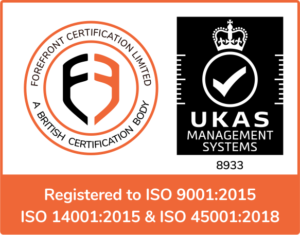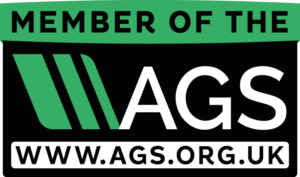Contact Us
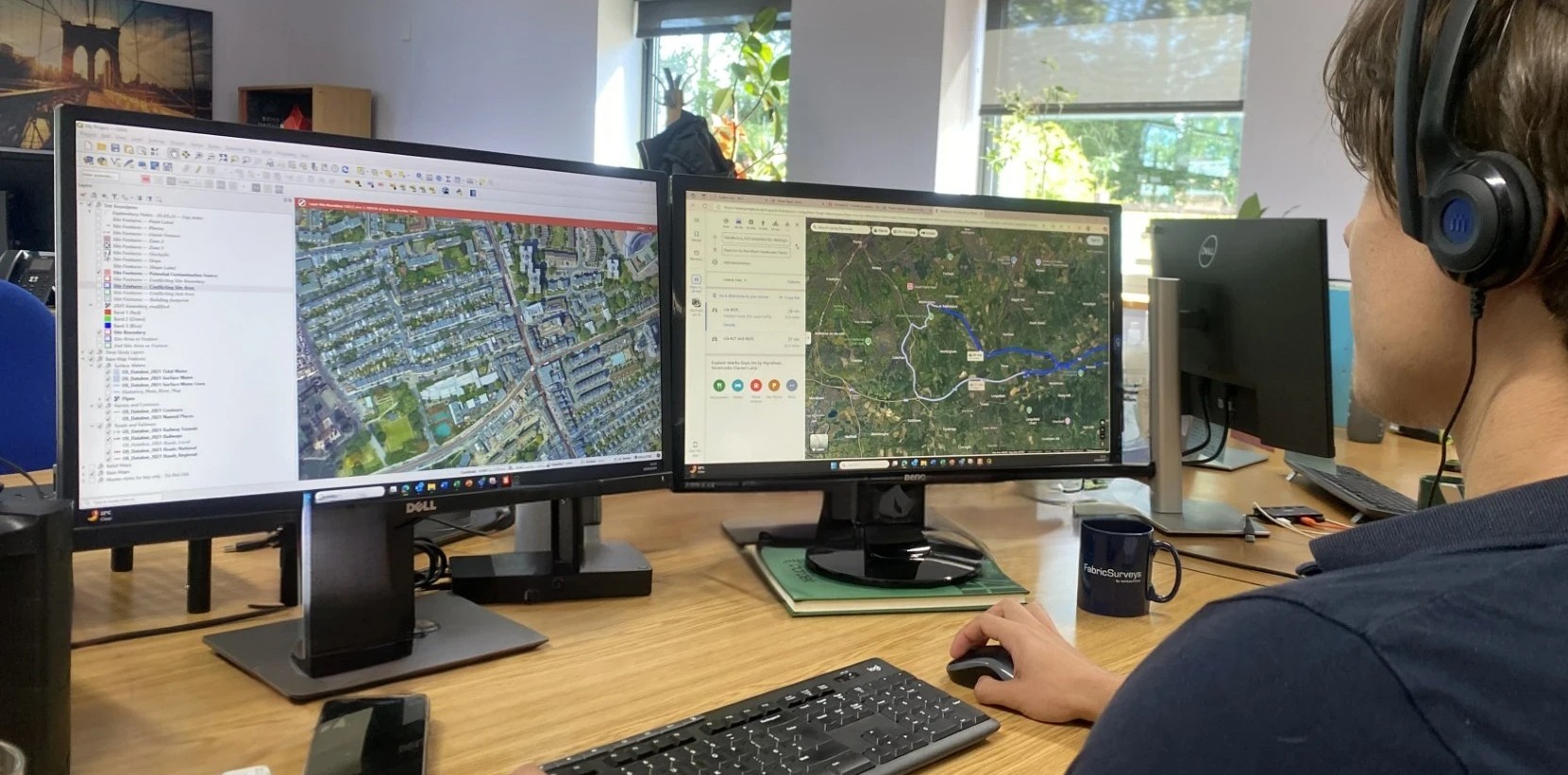
The Importance of a Desk Study in Delivering Value
In the fields of ground investigation, geotechnical engineering and geoenvironmental engineering, success often hinges on preparation. Before a single borehole is drilled or a soil sample is taken, a critical first step must be completed: the desk study. Often overlooked or undervalued, a well-executed desk study forms the foundation of any high-quality consultancy and is key to delivering value-driven, cost-effective, and safe engineering solutions.
What is a Desk Study?
A desk study, also known as a preliminary site assessment, Stage 1 or Phase 1 study, is an in-depth review of existing data and information about a site prior to physical ground investigation. This includes analysing:
- Geological maps and memoirs
- Historical land use and development records
- Environmental and contamination databases
- Aerial photographs and satellite imagery
- Previous site investigation reports
- Utility records
- Topographical and hydrological data
The objective is to develop a preliminary understanding of the site’s ground conditions, potential geohazards, contamination risks and historical context.
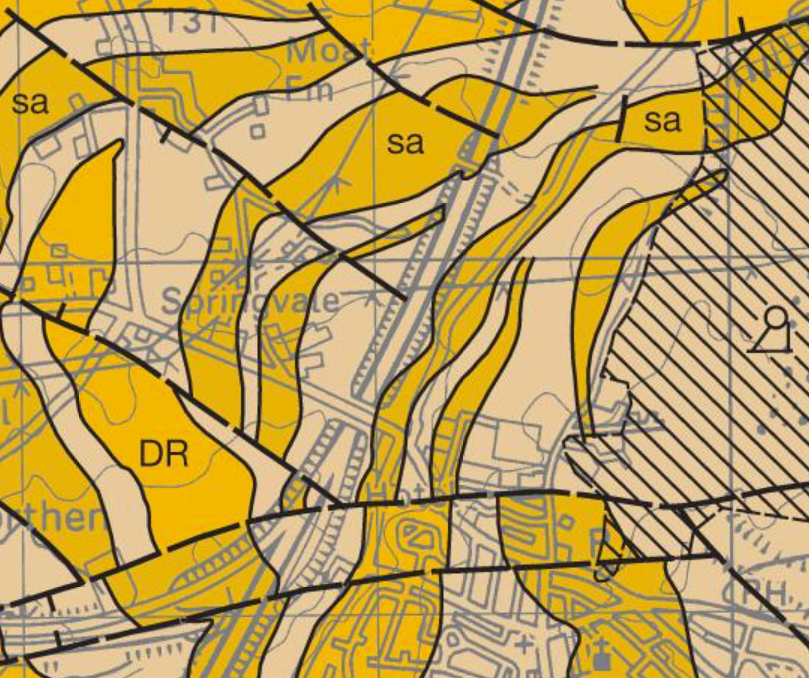
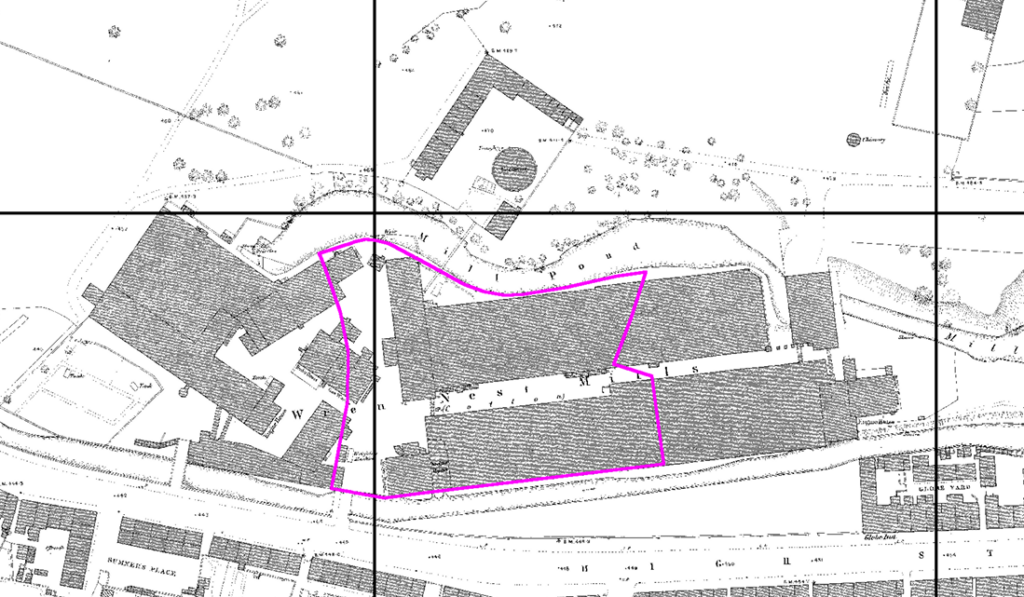
Why Desk Studies Matter
1. Informing and Optimizing the Site Investigation Plan
One of the core benefits of a desk study is its ability to guide and tailor the ground investigation strategy. By identifying areas of concern—such as potential Made Ground, historic landfills, or previous industrial use—the desk study allows geotechnical and geoenvironmental consultants to target their resources efficiently. This ensures that borehole locations, testing methods, and sampling strategies are chosen wisely, reducing unnecessary work and costs.
2. Reducing Risk and Enhancing Safety
Ground-related risks, including unstable ground, high groundwater tables, or the presence of contaminants, can have significant safety and financial implications. Early identification of these risks enables risk mitigation strategies to be embedded into both the investigation and design phases. This proactive approach not only protects project timelines and budgets but also enhances site safety for personnel and stakeholders.
3. Supporting Planning and Regulatory Compliance
Many planning authorities and environmental regulators require a Phase 1 desk study as part of planning submissions, particularly on brownfield or previously developed land. A robust desk study demonstrates due diligence and can streamline the approval process by addressing potential concerns before they escalate.
4. Providing Early-Stage Design Insights
Understanding anticipated ground conditions from the outset allows for the early evaluation of foundation options, ground improvement techniques, and construction feasibility. For example, if the desk study suggests deep Made Ground or soft Alluvium, piled foundations might be considered from day one, avoiding costly redesigns later in the project lifecycle.
5. Facilitating Collaboration and Communication
A comprehensive desk study also serves as a communication tool between project stakeholders—engineers, architects, planners, and clients. It helps ensure that everyone has a shared understanding of the site context, enabling more integrated and informed decision-making.
A Foundation for Value-Driven Consultancy
Ultimately, the desk study is not just a bureaucratic box to tick—it is a vital step that drives value throughout the ground investigation and geotechnical design process. By investing time and expertise in thorough preliminary research, geotechnical consultants can provide more accurate, efficient, and confident guidance from project inception to completion.
At Soiltechnics, we view desk studies as a strategic asset. Our experienced team combines technical knowledge with in-depth local and historical insight to deliver desk studies that add genuine value—reducing uncertainty, enhancing safety, and supporting smarter engineering outcomes.
